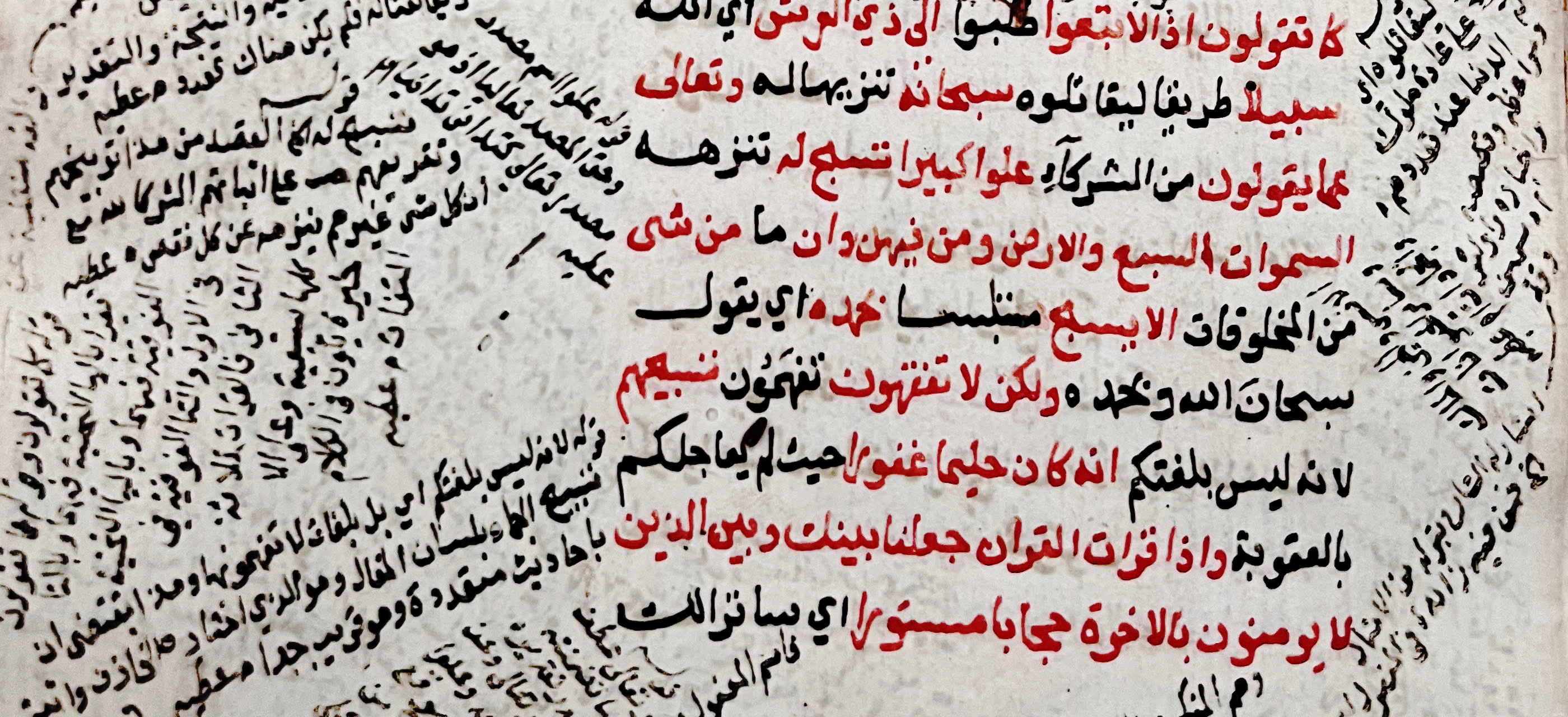Authority Beyond State and Tribe in the Early Medieval Maghrib: The Impact of Climate on the Economic, Social and Political Reorganisation of the Maghrib al-Aqṣā in the Eighth–Ninth Centuries: The Case of Sijilmāsa (Morocco)
Contenu
- Titre
- Authority Beyond State and Tribe in the Early Medieval Maghrib: The Impact of Climate on the Economic, Social and Political Reorganisation of the Maghrib al-Aqṣā in the Eighth–Ninth Centuries: The Case of Sijilmāsa (Morocco)
- Créateur
- Capel, Chloé Voir tous les contenus avec cette valeur
- Date
- 2021
- Dans
- Al-Masāq Voir tous les contenus avec cette valeur
- Résumé
- The rise of Islam in the Maghrib al-Aqṣā in the eighth and ninth centuries and the simultaneous onset of deep and lasting political, economic, cultural and social upheavals across the region have led historians to focus on Islamisation as the principal cause of this revolution. This article will explore the possible contribution of environmental factors to economic change, and consequently to social and political development. This discussion relates to the field of historical climatology which has been limited in Africa, and especially in the western Maghrib. It focuses on a case study of the caravan city of Sijilmāsa (Morocco) and argues that an important climate oscillation between the eighth and ninth centuries may have been a decisive factor in its foundation. Finally, it suggests that this climate fluctuation may have been a driving factor in the urbanisation that the Maghrib al-Aqṣā experienced more widely in this period.
- Langue
- eng
- volume
- 33
- pages
- 47-65
- doi
- 10.1080/09503110.2020.1868052
- issn
- 0950-3110
Capel, Chloé, “Authority Beyond State and Tribe in the Early Medieval Maghrib: The Impact of Climate on the Economic, Social and Political Reorganisation of the Maghrib al-Aqṣā in the Eighth–Ninth Centuries: The Case of Sijilmāsa (Morocco)”, 2021, bibliographie, consulté le 19 septembre 2024, https://ibadica.org/s/bibliographie/item/5053
Position : 5293 (8 vues)

